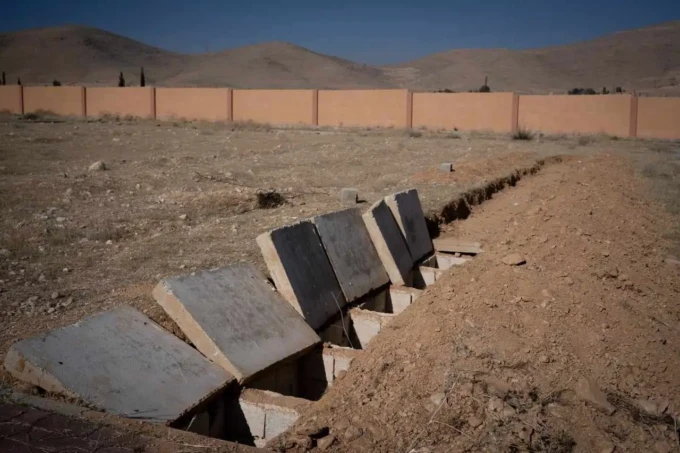The Economic and Financial Crimes Commission (EFCC) has revealed that over N50 billion recovered from fraudsters in 2024 was channeled into the Nigerian Education Loan Fund (NELFUND), a federal initiative aimed at dismantling financial barriers to higher education. This disclosure was part of the EFCC’s 2024 statistical report, released to journalists in Abuja on March 9, 2025, as reported by the News Agency of Nigeria (NAN). The N50 billion injection into NELFUND, established under the Students Loans (Access to Higher Education) Act signed into law by President Bola Ahmed Tinubu on April 3, 2024, underscores the government’s commitment to leveraging recovered assets for public good.
According to the EFCC’s report, 2024 marked a historic year for the agency, with its largest single-year asset recovery since its inception in 2003. The N50 billion allocated to NELFUND was drawn from a staggering total of N364.6 billion, alongside foreign currencies including $214.51 million, £54,319, €31,265, CAD$2,990, and AUD$740. Additional recoveries included CFA 7,821,375, UAE Dirham 170, Saudi Riyals 5,115, Japanese Yen 73,000,105, Ghanaian Cedi 225, and South African Rand 50,000. The agency emphasized that these monetary recoveries have been reinvested into initiatives like NELFUND, delivering tangible benefits to Nigerians and supporting sustainable development.
The EFCC’s achievements in 2024 extended beyond financial recoveries. The agency secured a record-breaking 4,111 convictions—the highest in its 22-year history—stemming from 15,724 petitions, 12,928 investigations, and 5,083 prosecutions. The Lagos Zonal Directorate led with 685 convictions, followed by Enugu with 516, Ibadan with 501, and Benin with 412. Other notable performances came from Ilorin (230 convictions), Kaduna (273), and Uyo (220), among others. This unprecedented success was attributed to the dedication of EFCC officers, bolstered by a supportive management and stakeholder environment.
In addition to monetary recoveries, the EFCC’s asset forfeitures in 2024 were monumental. The agency recovered over 750 duplexes and apartments—the single largest asset haul in its history—alongside 173 vehicles, cash sums of N9.48 billion and $2.61 million, and cryptocurrencies such as 13.37 BTC (valued at approximately $572,992.86). Other seized assets included a factory, a hotel, two gold chains, 14 parcels of land, petroleum products, and 70 tons of unidentified solid minerals. These recoveries highlight the EFCC’s aggressive crackdown on advance fee fraud, money laundering, and cybercrime across its zonal directorates.
The reinvestment of N50 billion into NELFUND exemplifies how the EFCC’s efforts are contributing to national development. The fund, designed to provide interest-free loans to students, aims to enhance access to higher education and improve the quality of life for countless Nigerians. “Apart from contributing to various developmental projects, enhancing public welfare, and promoting sustainable growth across the country, the initiatives also contribute to improving the quality of life for Nigerians and support the country’s long-term development goals,” the EFCC stated. This strategic use of recovered funds demonstrates a broader vision of turning the proceeds of crime into opportunities for progress.
The EFCC’s 2024 performance signals a robust fight against corruption, with tangible outcomes that resonate beyond the courtroom. By channeling recovered assets into education, the agency is not only reclaiming stolen wealth but also investing in Nigeria’s future, one student at a time.










Wow, the EFCCs recovery boosting NELFUND is impressive! But do you think theyll use it effectively or waste it? Lets discuss!
Wow, thats a massive recovery! But do you think NELFUND will use the funds effectively? Lets discuss.
Im not convinced that NELFUND will utilize the recovered N50 billion efficiently. Hope they prove me wrong!
Im not convinced that the EFCCs recovery will actually benefit NELFUND. Lets see if the funds are used wisely.
I dont buy it! How can the EFCCs recovery really boost NELFUND in 2024? Seems too good to be true.
Wow, thats a huge boost for NELFUND! But, do you think the EFCCs methods are always ethical? Just a thought.